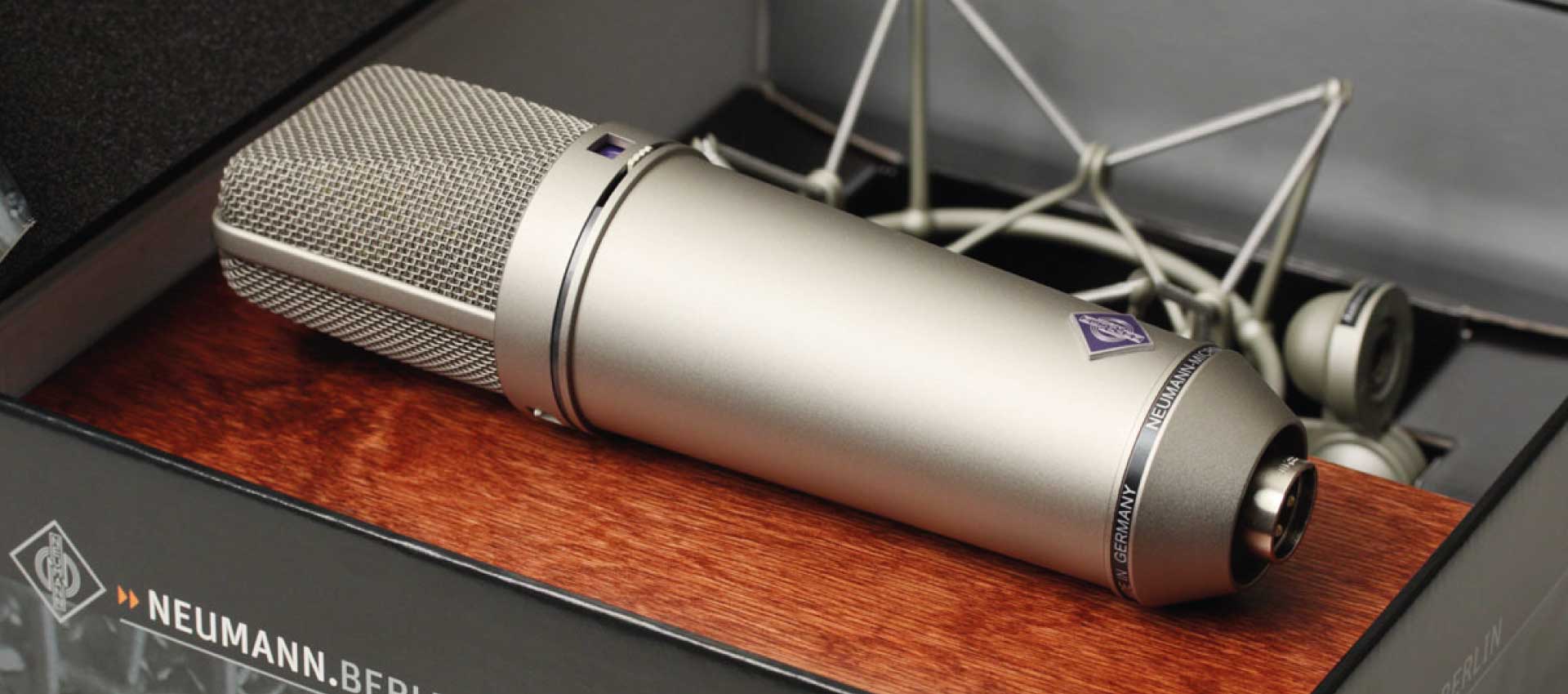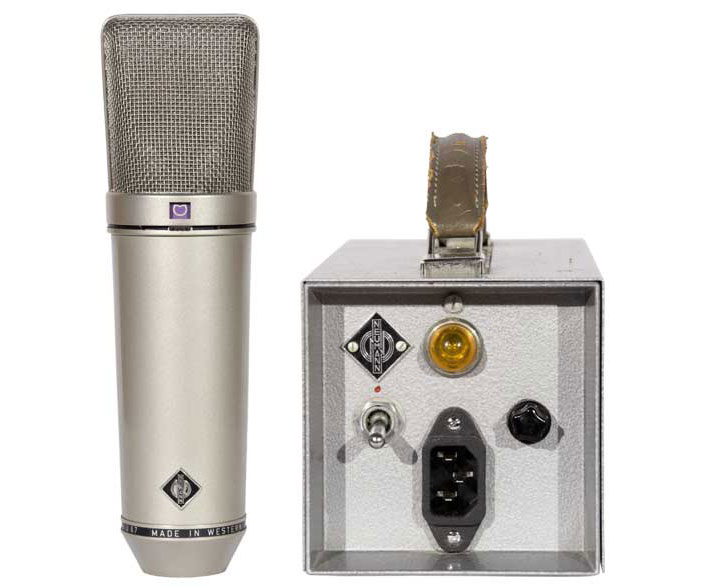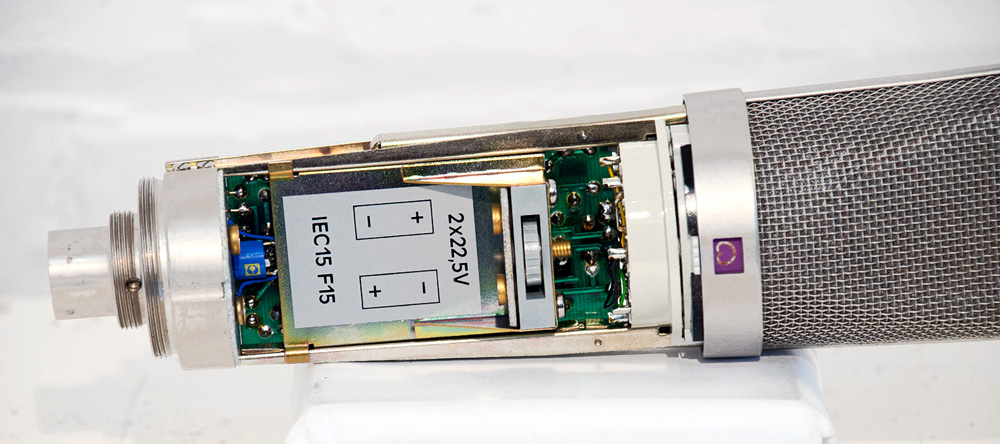
Three Generations of U87s
The Neumann U87 is possibly the most famous and widely used vocal mic in the world.
Countless classic tracks have been cut using the U87 for vocals, guitars, pianos and even wobble-board. In short, it’s one of the most versatile microphones ever made.

When clients are looking for a main vocal mic for a commercial facility, I usually recommend the U87 as a safe bet; after all, it’s probably every engineer’s second favourite microphone. The trouble is that every producer has a different first choice but no one will turn up their nose if there’s a U87 lurking in the mic cupboard.
Having said this, the 87 has developed over three generations, and all sound different. The original U87 followed in the footsteps of the remarkable tube U67 (and looks pretty much the same). It was one of Neumann’s first FET mics and sounds not dissimilar to its tube predecessor, having a solid, beautifully defined sound that sits easily in the track. Sure, it lacks that tube sparkle of the 67, but it is capable of similar results, particularly when used with a high quality discrete mic preamp.
These 1970s mics (U87 P48) can be distinguished from later models because they contain a battery compartment in the body, the reasoning (presumably) being that they can be used with equipment that Neumann U87 P48 Solid Stante Condenser Microphone doesn’t offer a phantom power option. Having said that, I’ve never actually seen batteries fitted.

The old adage of ‘the original is the best’ is certainly true in this case. There’s a quality to first generation Neumann U87s that sounds effortless, reliable and extremely musical. Neumann changed the electronic design in the late 1970s/early 1980s, doing away with the battery compartment and making minor circuit changes. The result was a marginally quieter mic lacking a little of the warmth of the original.

Neumann U87ai
These are decent mics, certainly worthy of the U87 moniker. The most recent generation, the U87ai, has taken the mic a further step towards economy with an op-amp incorporating four (surface mounted) transistors replacing the FET. These, the current generation, retain the basic characteristics of the large-diaphragm U87 but many regard them as ‘edgier’ and a touch more brittle. Don’t get me wrong, a new U87 is still an object of desire, but like so much equipment made today, the indefinable quality of the original has been lost to the demands of mass production.
The original Neumann U87 is fast assuming the status of a classic, along with famous German tube mics made in the 1950’s and 1960’s, and for good reason. Results are everything, and the classic U87 delivers the highest quality of sound with a minimum of effort and tweaking. Price wise, the only way from here is up…
